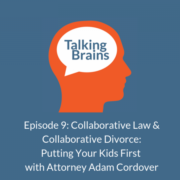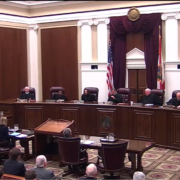Child Support in Florida
Child support in Florida is the financial obligation aimed to provide a fair and consistent means of sharing the costs of raising a child between separated parents. There’s a Collaborative Law process that offers an alternative way to address child support matters. This approach emphasizes cooperation, open communication, and prioritizing your child’s well-being. In this post, we’ll take you through the fundamentals of child support in Florida and the benefits of pursuing child support solutions through the Collaborative Process.
CALCULATING CHILD SUPPORT
In Florida, you’ll find child support guidelines laid out in Florida Statutes §61.30. You’ll notice that the calculation takes into account key factors like your income and your partner’s income, the number of children involved, and the time each of you spends with them. It’s essential to understand that the state utilizes a specific formula incorporating these elements to calculate the exact amount of child support owed. Though you may deviate from these calculations under certain circumstances, the child support guidelines determine the default amount you can expect to pay or be paid.
CONSIDERING YOUR INCOMES
Remember, both your incomes play a pivotal role in calculating child support. It’s worth noting that not all types of income are straightforward (for example, income from a private business). Additionally, it’s important to keep in mind that if either of you is voluntarily unemployed or not fully utilizing your earning capacity, income may be attributed to you based on your potential earning capacity.








